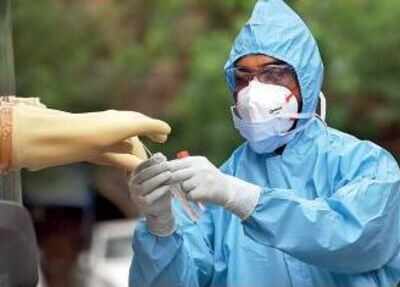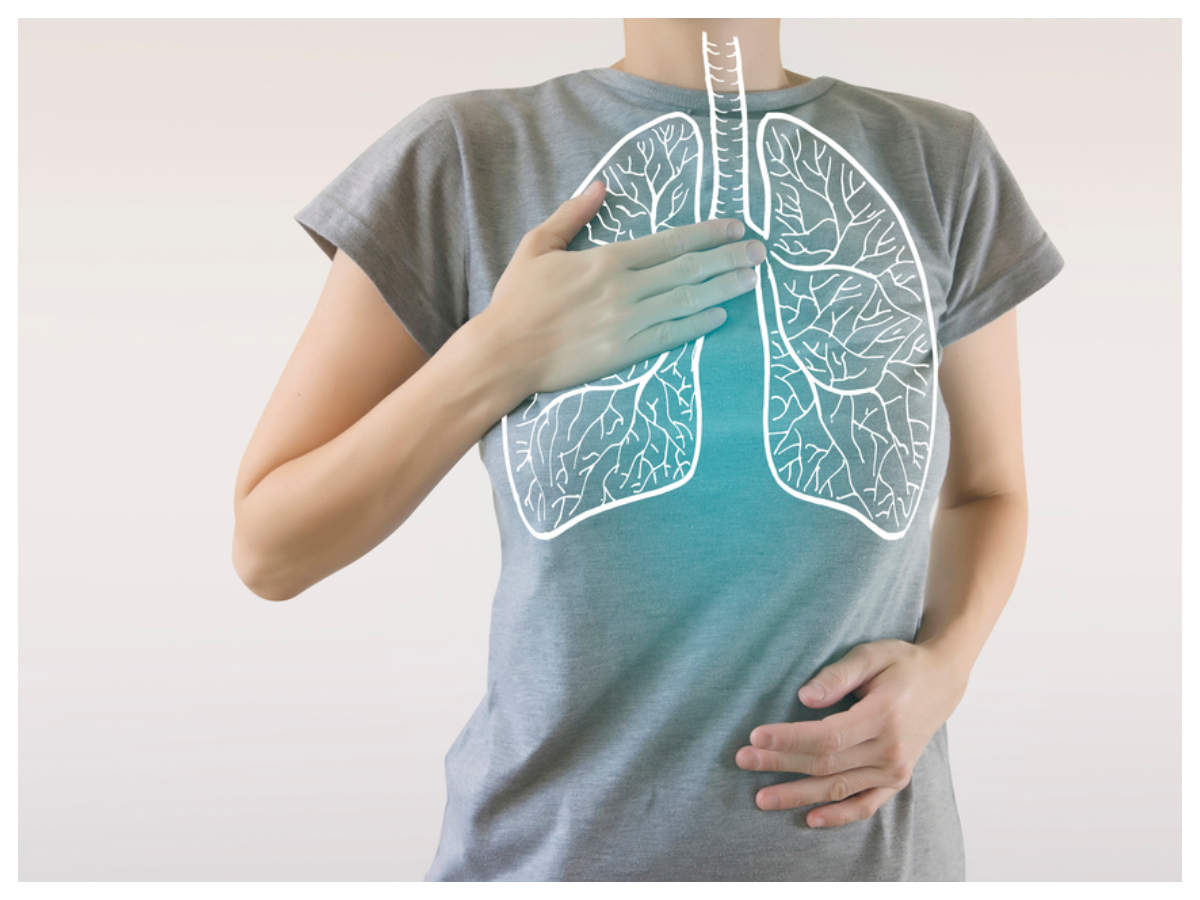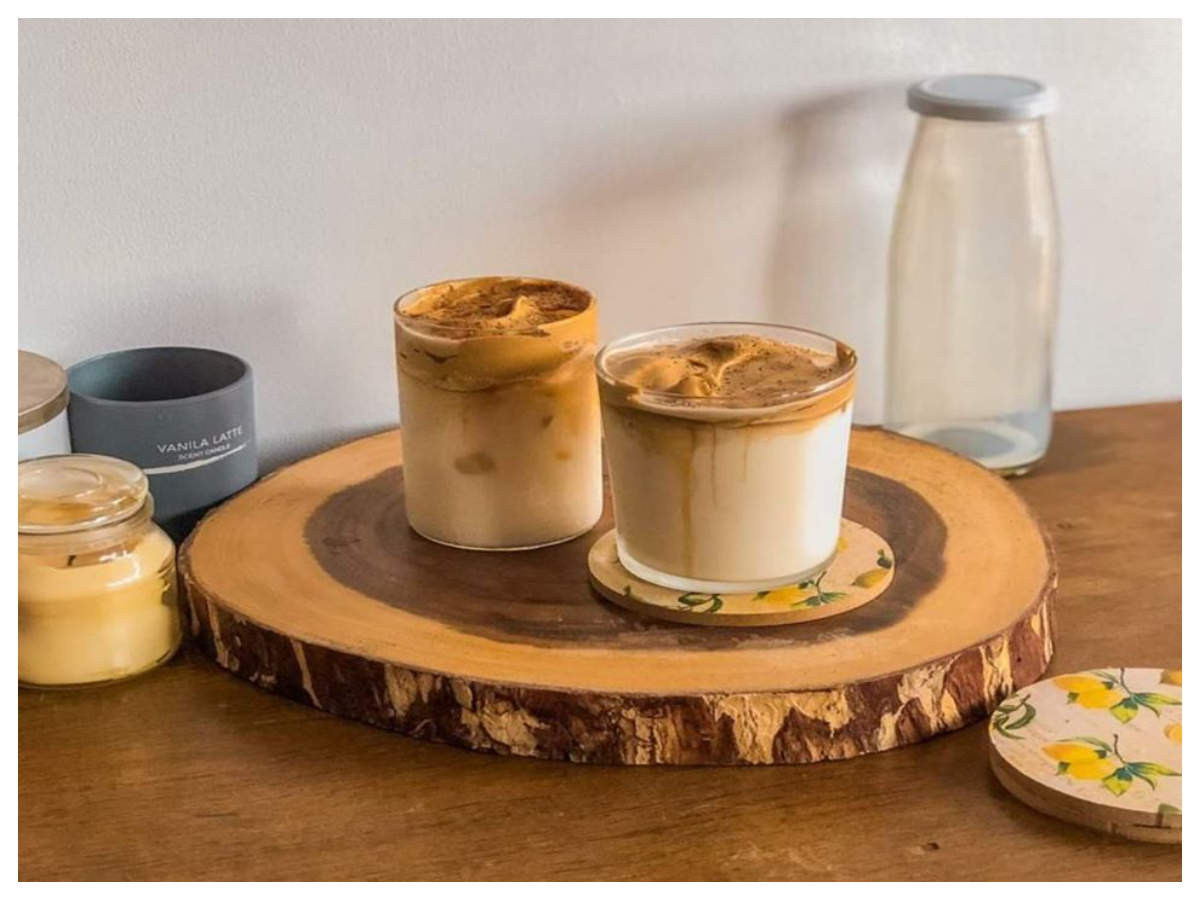
NEW DELHI: For Mohsin Ahmed Khan, it has become a ritual to put his phone into a plastic pouch at 8.30 in the morning and sanitise it with an alcohol swab at 6 in the evening. This Karol Bagh resident, who is on duty collecting test samples of Covid suspects in the high-risk containment zones in Delhi’s central district, does not want to bring home the lifethreatening virus.
It was earlier a door-to-door exercise but for the past couple of days the laboratory technician has been going around on a mobile testing van, the only one operating in the city. “The van is fully sanitised and those sitting inside don’t need protective gear,” Khan reveals.
The 36-year-old, who in the prelockdown days was posted at a Delhi government dispensary on Chameleon Road in Karol Bagh, does not need to be reminded to call his wife just before he reaches home. “She keeps a bucket outside for me to wash my clothes and to take a bath,” Khan says. “I also keep my distance from my 62-year-old mother. The elderly are more vulnerable to the virus and I might be a carrier. It is painful but necessary.”
On Sunday and Monday, Khan, who holds a BSc degree in medical laboratory technology, was in the narrow bylanes of Pulbangash, Nabi Karim, Chandni Mahal and nearby areas with his associates. The central district is a Covid-19 hotspot and has, till date, seven containment zones. These are Sadar Bazaar, Chandni Mahal, Nabi Karim, Balaji Apartment in Sant Nagar, Bara Hindu Rao, Nawabganj and Oberoi Apartments.
“Sampling is being done in the vulnerable areas and the volume of collection of samples has been increased. Testing is a crucial element in fighting the novel coronavirus,” the 36-year-old says. “We even took samples of the cops at Chandni Mahal police station in the interiors of Ajmeri Gate and Daryaganj.”
He explained that a survey was being carried out first. Then people who have come in direct contact with a corona-positive individual are tested for infection. After that, people showing symptoms of the respiratory disease are tested. The samples collected are sent to the National Institute of Biologicals in Noida at the end of each day.
According to Khan, people are more aware now and are themselves stepping forward to be tested. But isn’t it scary for him and his colleagues to be present in these high-risk sealed zones? Pat comes the reply: “We can’t afford to be scared. Like army personnel doing what they have to with guns, we, the health sena, too, are carrying out our responsibilities to our country and fellow beings.”
Khan is now looking forward to his two-week rota ending. He will have to go into 14-day mandatory quarantine. “Ramazan starts on April 25-26, so my duty routine has been accordingly arranged,” he explains with a smile. “The officers and doctors in the health department are understanding. It’s a tough job, especially now, and it helps when your colleagues and superiors consider these little things.”
It was earlier a door-to-door exercise but for the past couple of days the laboratory technician has been going around on a mobile testing van, the only one operating in the city. “The van is fully sanitised and those sitting inside don’t need protective gear,” Khan reveals.
The 36-year-old, who in the prelockdown days was posted at a Delhi government dispensary on Chameleon Road in Karol Bagh, does not need to be reminded to call his wife just before he reaches home. “She keeps a bucket outside for me to wash my clothes and to take a bath,” Khan says. “I also keep my distance from my 62-year-old mother. The elderly are more vulnerable to the virus and I might be a carrier. It is painful but necessary.”
On Sunday and Monday, Khan, who holds a BSc degree in medical laboratory technology, was in the narrow bylanes of Pulbangash, Nabi Karim, Chandni Mahal and nearby areas with his associates. The central district is a Covid-19 hotspot and has, till date, seven containment zones. These are Sadar Bazaar, Chandni Mahal, Nabi Karim, Balaji Apartment in Sant Nagar, Bara Hindu Rao, Nawabganj and Oberoi Apartments.
“Sampling is being done in the vulnerable areas and the volume of collection of samples has been increased. Testing is a crucial element in fighting the novel coronavirus,” the 36-year-old says. “We even took samples of the cops at Chandni Mahal police station in the interiors of Ajmeri Gate and Daryaganj.”
He explained that a survey was being carried out first. Then people who have come in direct contact with a corona-positive individual are tested for infection. After that, people showing symptoms of the respiratory disease are tested. The samples collected are sent to the National Institute of Biologicals in Noida at the end of each day.
According to Khan, people are more aware now and are themselves stepping forward to be tested. But isn’t it scary for him and his colleagues to be present in these high-risk sealed zones? Pat comes the reply: “We can’t afford to be scared. Like army personnel doing what they have to with guns, we, the health sena, too, are carrying out our responsibilities to our country and fellow beings.”
Khan is now looking forward to his two-week rota ending. He will have to go into 14-day mandatory quarantine. “Ramazan starts on April 25-26, so my duty routine has been accordingly arranged,” he explains with a smile. “The officers and doctors in the health department are understanding. It’s a tough job, especially now, and it helps when your colleagues and superiors consider these little things.”

Coronavirus outbreak
Trending Topics
LATEST VIDEOS
City
 COVID-19: Karnataka Gramin Bank mobile ATM providing cash at doorstep
COVID-19: Karnataka Gramin Bank mobile ATM providing cash at doorstep  COVID-19: Lockdown violators write apology 500 times in Vijayawada
COVID-19: Lockdown violators write apology 500 times in Vijayawada  COVID-19 lockdown: Security tightens after GautamBuddha Nagar DM orders to seal Delhi-Noida border
COVID-19 lockdown: Security tightens after GautamBuddha Nagar DM orders to seal Delhi-Noida border  J&K govt setting up 3,000 bedded capacity COVID-19 wellness centers in Srinagar
J&K govt setting up 3,000 bedded capacity COVID-19 wellness centers in Srinagar
More from TOI
Navbharat Times
Featured Today in Travel
Get the app




